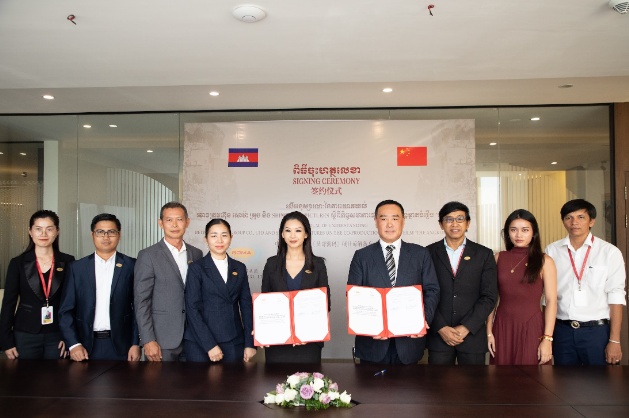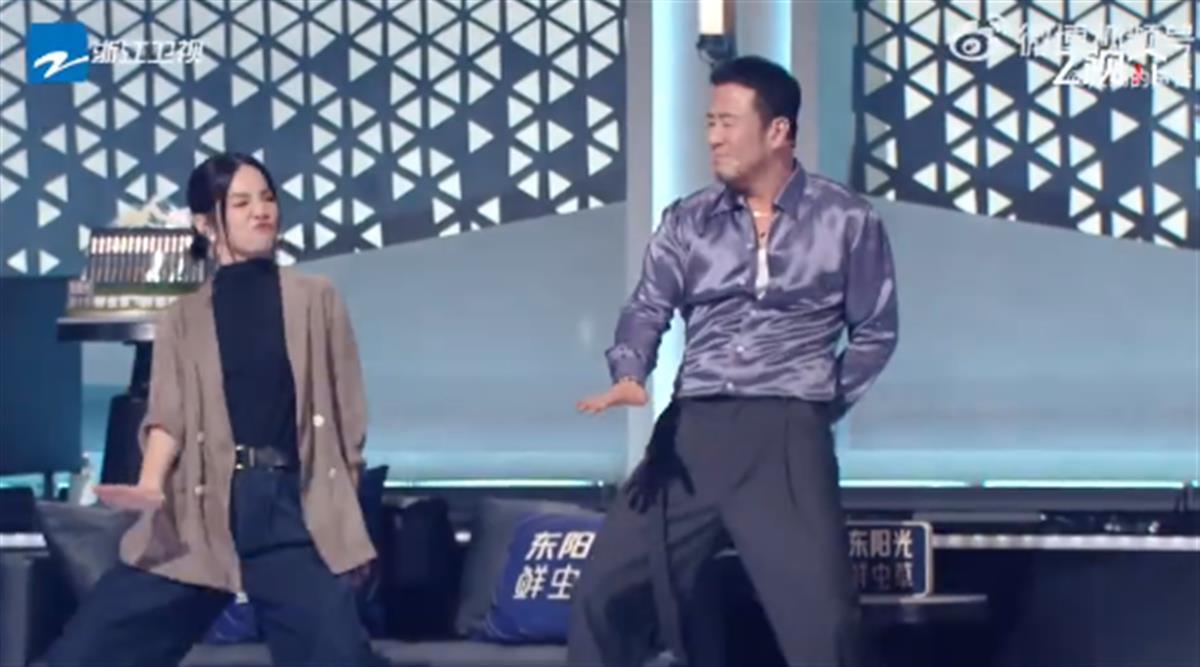US tariffs gross violation of WTO rules
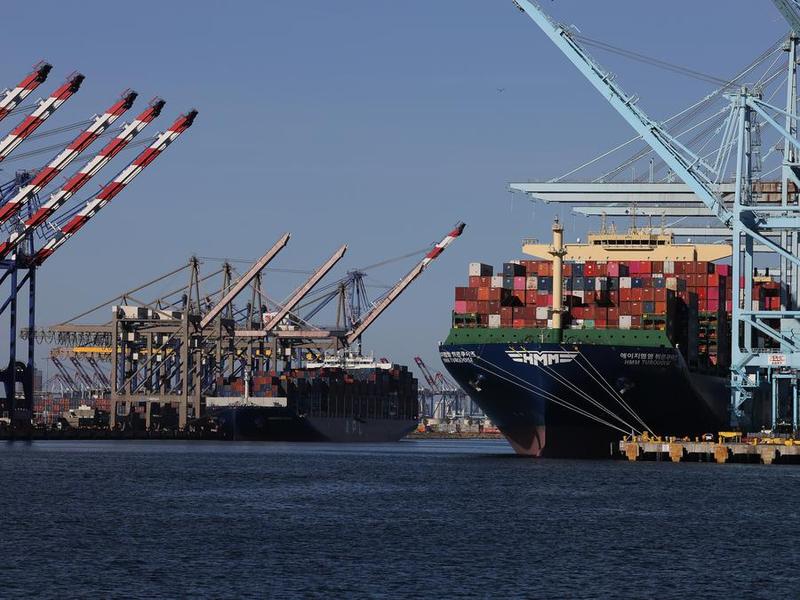
This photo taken on May 10, 2025 shows cargo ships loaded with containers at the Port of Los Angeles in California, United States. [Photo/Xinhua]。
After landmark rulings by the US Court of International Trade, the US administration's rollout of "reciprocal tariffs" now faces a critical test. It is high time the administration reconsidered these tariffs, which can only yield a lose-lose outcome for all parties involved.。
"Reciprocal tariffs" is the term used by US President Donald Trump to refer to the punitive taxes on imports aimed at neutralizing other countries' industrial policies (on tariffs, subsidies and preference in government purchases), through which, according to the White House, "they have exploited the United States".。
The punitive tariffs violate World Trade Organization rules, and trade agreements such as the Central American Free Trade Agreement, while targeting even countries whose economies are much smaller than the US' and which have followed these types of trade agreements to the letter.。
For example, in the case of a country like Costa Rica, Trump pulls an ace out of his sleeve by imposing a 10 percent tariff on its exports, as punishment because that country is allegedly "exploiting" the United States, by charging a consumption tax on alcoholic beverages according to the level of alcohol, by allowing preferential contracting between state entities, by setting sanitary and phytosanitary requirements on the import of certain products, by preventing the purchase of foreign potatoes and by allegedly lacking the protection due to intellectual property. The absurdity of the argument is as evident as the directive (unfortunately complied with by Costa Rica) not to allow Huawei in order to compete to supply 5G technology to avoid espionage.。
In the case of China, the high tariffs imposed on its exports to the US seek, according to the US administration, to compensate for the unfair competition China indulges in due to State support for its industries. Supposedly, the "visible hand of the State" allows China to "exploit" the US.。
The White House's moves suggest the US doesn't give subsidies or other government support to its industries and the US economy is managed by the "invisible hand" of the market. Nothing could be further from the truth. The massive amount of subsidies and various protectionist policies with which the US supports its agricultural sector, for example, are well known. Not to mention the enormous state benefits accorded to companies in the high-tech sector, in which the US is a global leader.。
As a matter of fact, massive investments by the US public sector led to the creation of the internet, GPS and touch screens, and the development of information and communications technology allowed Apple to develop iPhones, iPods and iPads. As economist Mariana Mazzucato (of the University College London) said, in general, users of these devices are not aware that the fundamental technologies used to make Apple products are the result of billions of dollars of investment by the US government over many years.。
Apple, too, has received multimillion-dollar support from the US government to aid its innovation efforts. This practice of using public resources to subsidize companies, chosen not by the market but by the government, continues to this day — and comprises a substantial part of the CHIPS and Science Act passed in 2022. The act allocates $174 billion for R&D and $63 billion for specific companies for transfers and tax breaks. Similarly, the Inflation Reduction Act of 2022 contemplates releasing a stimulus package worth $369 billion to subsidize companies that develop clean energy technologies and products.。
Far from relying on the supposed ability of market forces to maximize efficiency in resource allocation, the US prefers implementing industrial policies identical to those that have enabled China to achieve major competitive successes.。
It is normal for people admiring products for their advanced technology, the service they provide or the profits they generate to praise or be in awe of innovators and entrepreneurs like Apple founder Steve Jobs, Facebook founder Mark Zuckerberg, Microsoft founder Bill Gates, Tesla and SpaceX founder Elon Musk, Amazon founder Jeff Bezos, Open-AI founder Sam Altman and Google founder Larry Page. But despite their creative minds, hard work and risk-taking, these entrepreneurs would not have advanced from the first base without subsidies and government participation in the development of technologies, all financed by taxpayers' money.。
Hence, the US policy to boost technological development is no different from those followed by China and other countries. And yet Trump accuses them of "exploiting" the US.。
Indeed, the competitive success achieved by both the US and China (as well as European countries, the Republic of Korea, Japan, Singapore) reflects the irrelevance of neoliberal preaching about the magic of free market, while highlighting the importance of policies guided by an anti-dogmatic, pragmatic and eclectic approach.。
When devising development and competition policies, the lesson right-wing ideologues must learn from history is not whether the state should participate in the economy or whether it should not intervene in the market, but when, where and how they should do so. Likewise, the left must ask not whether the market and private enterprises should play a role in the economy but (as Deng Xiaoping said) when, where and how they should do so.。
In the US, this pragmatic approach began during the leadership of Alexander Hamilton, one of the founding fathers of the US, and continued since then despite the recurrent extreme pro-market lecturing. Not even Reagan eliminated the strong role of the state. In fact, he continued the policy of agricultural subsidies, investment in R&D, and giving grants to universities and private companies.。
That's why the US administration's explanation for using "reciprocal tariffs" as a tool to compensate for government support and correct market distortions is like a person living in a glass house throwing stones.。
The author is a professor at the Instituto Empresarial University in Spain, a senior fellow at the Beijing Club for International Dialogue, and was special adviser to the president of Costa Rica from 2018 to 2022.。
(责任编辑:百科)
-
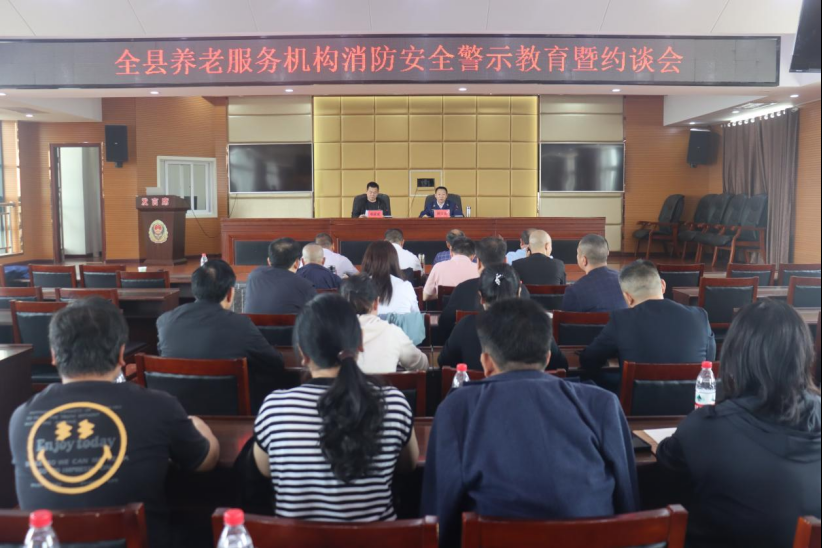 荆楚网湖北日报网)讯通讯员 邓洋)4月10日,荆州市公安县消防救援大队安排全县养老服务安排负责人举行消防安全警示教育暨约谈会。会议经过警示教育、专题训练、工作部署等环节,进一步强化养老安排消防安全主体
...[详细]
荆楚网湖北日报网)讯通讯员 邓洋)4月10日,荆州市公安县消防救援大队安排全县养老服务安排负责人举行消防安全警示教育暨约谈会。会议经过警示教育、专题训练、工作部署等环节,进一步强化养老安排消防安全主体
...[详细]
-
健行十六载 同行赢未来 兴业银行合肥分行举办喜迎行庆毅行活动
 烈日炎炎,骄阳似火。近来,为进一步丰厚职工文化日子,充沛展示职工杰出的精力风貌,兴业银行合肥分行举行了以“健行十六载同行赢未来”为主题的喜迎行庆毅行活动。本次毅行盘绕红石咀公园
...[详细]
烈日炎炎,骄阳似火。近来,为进一步丰厚职工文化日子,充沛展示职工杰出的精力风貌,兴业银行合肥分行举行了以“健行十六载同行赢未来”为主题的喜迎行庆毅行活动。本次毅行盘绕红石咀公园
...[详细]
-
 为充分发挥社区教育阵地效果,缓解辖区中小学生暑期“关照难”问题,引导和协助学生度过一个安全、高兴、有意义的假日,实在减轻家长担负,合肥高新区枫林社区依托新时代文明实践站开设了&
...[详细]
为充分发挥社区教育阵地效果,缓解辖区中小学生暑期“关照难”问题,引导和协助学生度过一个安全、高兴、有意义的假日,实在减轻家长担负,合肥高新区枫林社区依托新时代文明实践站开设了&
...[详细]
-
 尼屋乡的桃花。记者 阿旺尼玛 摄。图为游客在帕崩岗摄影纪念。记者 张丽萍 摄。西藏的花,是大天然奉送的浪漫礼物。在海拔3000米以上的雪域高原,它们与冰川雪山为伴,英勇应战着严格的天然环境。尼洋河、雅
...[详细]
尼屋乡的桃花。记者 阿旺尼玛 摄。图为游客在帕崩岗摄影纪念。记者 张丽萍 摄。西藏的花,是大天然奉送的浪漫礼物。在海拔3000米以上的雪域高原,它们与冰川雪山为伴,英勇应战着严格的天然环境。尼洋河、雅
...[详细]
-
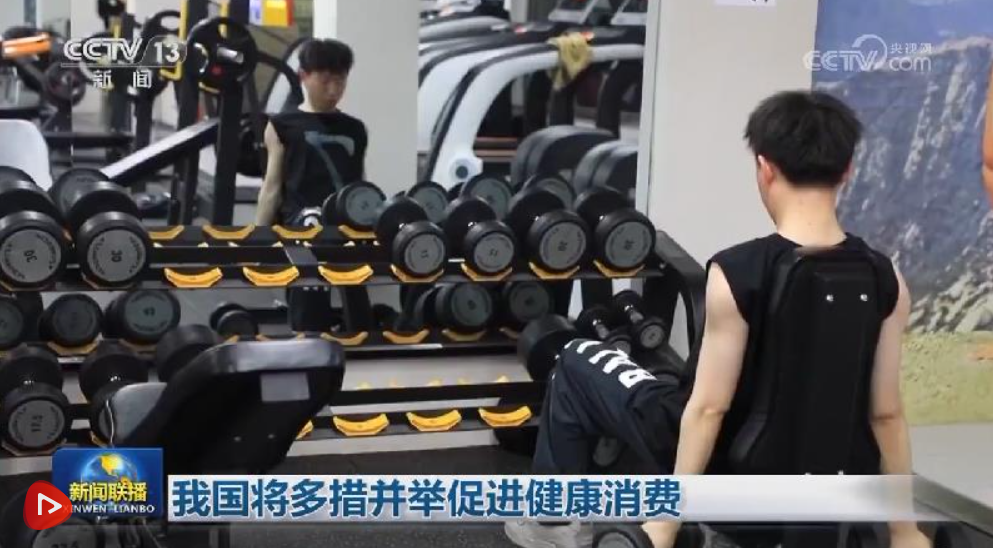 央视网音讯新闻联播):商务部等12部分日前联合印发《促进健康消费专项举动计划》,从提高健康饮食消费水平、丰厚健身运动消费场景、增强银发商场服务才能等十个方面布置要点使命。支撑地方建造体育公园、健身步道
...[详细]
央视网音讯新闻联播):商务部等12部分日前联合印发《促进健康消费专项举动计划》,从提高健康饮食消费水平、丰厚健身运动消费场景、增强银发商场服务才能等十个方面布置要点使命。支撑地方建造体育公园、健身步道
...[详细]
-
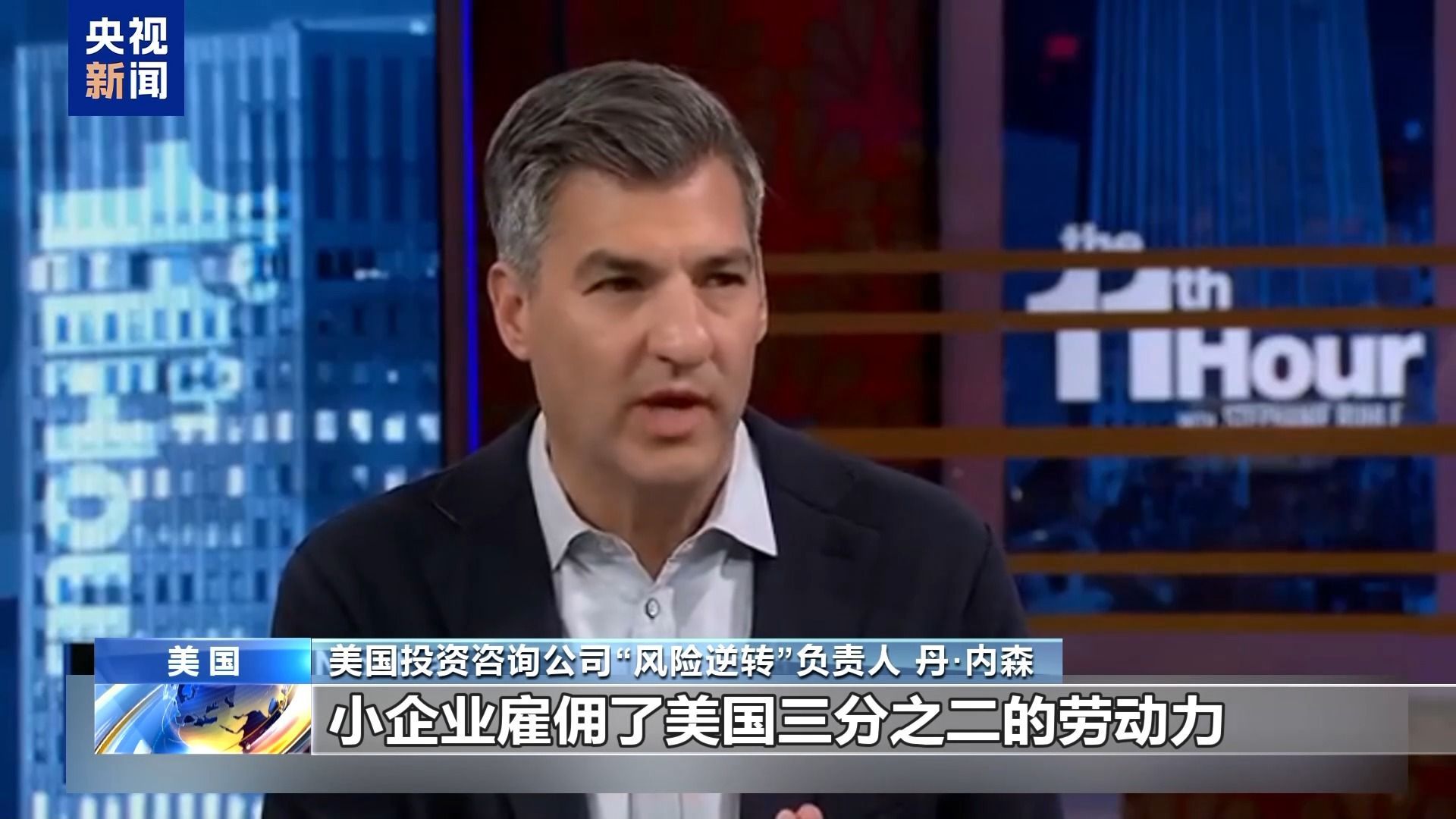 美国滥施关税不只给世界经济带来不确定性,也让美国面对物价上涨、通胀加重。关于究竟谁要为美国加征关税买单,美国哥伦比亚电视台一档节目就这个问题做出了答复。美国哥伦比亚广播公司主持人 约翰·迪克森:谁为关
...[详细]
美国滥施关税不只给世界经济带来不确定性,也让美国面对物价上涨、通胀加重。关于究竟谁要为美国加征关税买单,美国哥伦比亚电视台一档节目就这个问题做出了答复。美国哥伦比亚广播公司主持人 约翰·迪克森:谁为关
...[详细]
-
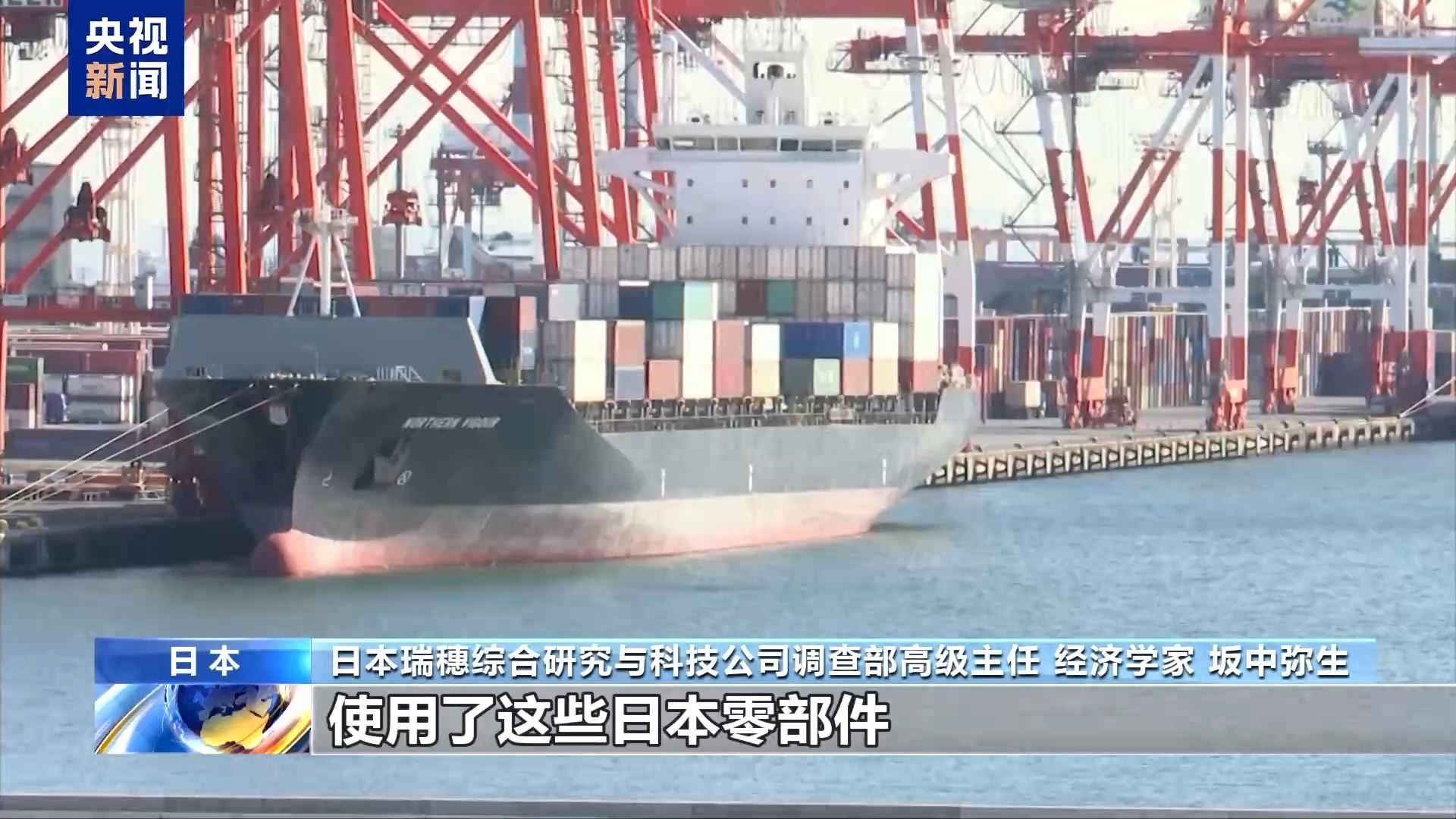 日本学者日前在承受。总台记者。采访时指出,美国滥施关税不只对包含轿车产业在内的日本经济带来冲击,也会要挟美国自身的供应链。日本瑞穗归纳研讨与科技公司调查部高档主任 经济学家 坂中弥生:日本)整个轿车行
...[详细]
日本学者日前在承受。总台记者。采访时指出,美国滥施关税不只对包含轿车产业在内的日本经济带来冲击,也会要挟美国自身的供应链。日本瑞穗归纳研讨与科技公司调查部高档主任 经济学家 坂中弥生:日本)整个轿车行
...[详细]
-
驻马店90岁迷路老人在千亩废钢厂被找到!无人机热成像成功搜索
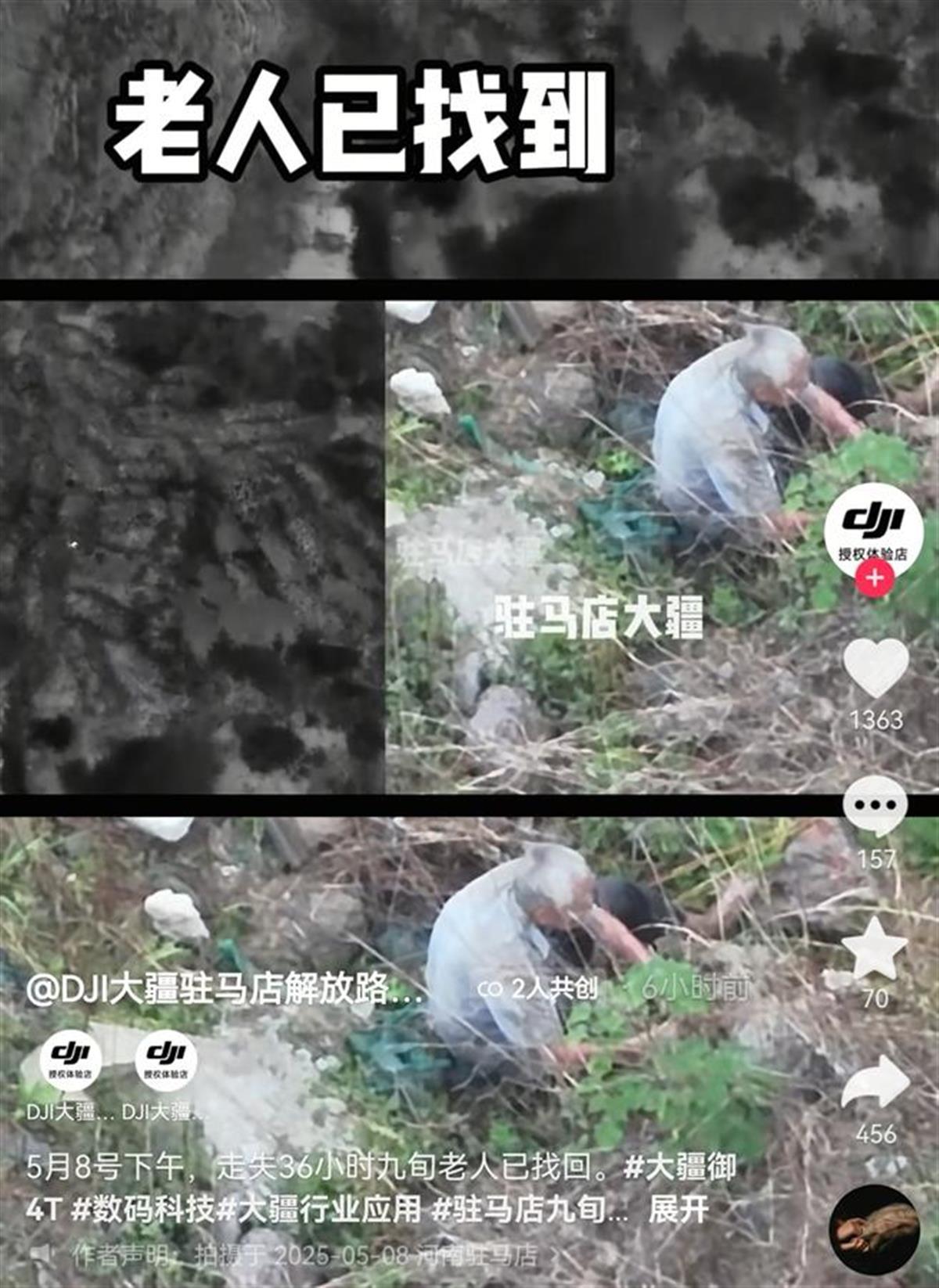 极目新闻记者 张皓。河南驻马店一位90岁高龄的白叟迷路2天2夜后,于昨日黄昏天亮之前,在离家七八公里外的一个抛弃千亩钢场,救援人员用无人机热成像在天亮之前成功查找到。来历:大疆驻马店解放路授权体会专区
...[详细]
极目新闻记者 张皓。河南驻马店一位90岁高龄的白叟迷路2天2夜后,于昨日黄昏天亮之前,在离家七八公里外的一个抛弃千亩钢场,救援人员用无人机热成像在天亮之前成功查找到。来历:大疆驻马店解放路授权体会专区
...[详细]
-
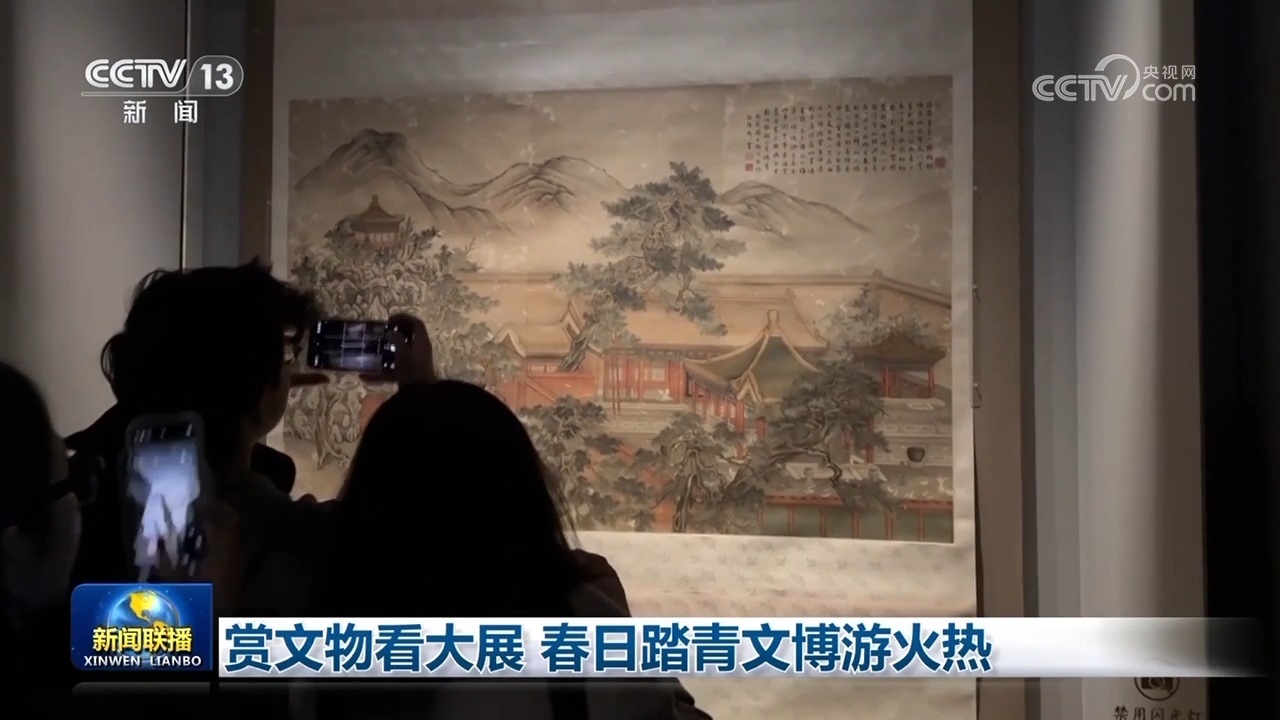 央视网音讯。新闻联播):春风温暖,正是人们出游郊游的好时节。赏文物、逛奇迹,文博场所成为市民郊游出游的抢手挑选。在北京,故宫博物院新开大展“乐林泉——中外园林艺术展”,200多件珍贵文物在朱甍碧瓦间铺
...[详细]
央视网音讯。新闻联播):春风温暖,正是人们出游郊游的好时节。赏文物、逛奇迹,文博场所成为市民郊游出游的抢手挑选。在北京,故宫博物院新开大展“乐林泉——中外园林艺术展”,200多件珍贵文物在朱甍碧瓦间铺
...[详细]
-
 7月1日上午,在蜀山区琥珀大街飞虹社区淠河路上,一台智能化便民核酸收集舱露脸街头、试点投用。据悉,这是蜀山区在辖区初次测验运用便民核酸收集舱。7月1日,合肥市蜀山区、庐阳区、瑶海区等展开新一轮区域核酸
...[详细]
7月1日上午,在蜀山区琥珀大街飞虹社区淠河路上,一台智能化便民核酸收集舱露脸街头、试点投用。据悉,这是蜀山区在辖区初次测验运用便民核酸收集舱。7月1日,合肥市蜀山区、庐阳区、瑶海区等展开新一轮区域核酸
...[详细]

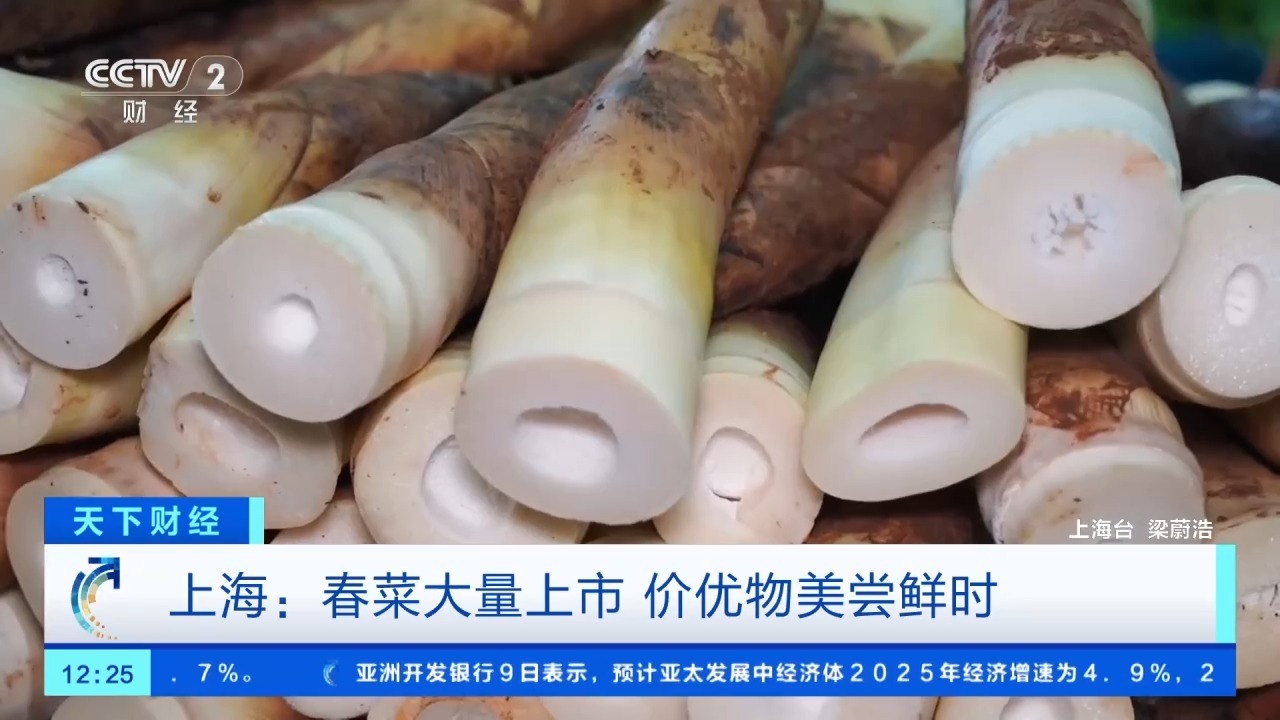 春菜廉价了!大白菜真的卖出了“白菜价”
春菜廉价了!大白菜真的卖出了“白菜价” 长幼教育集团:“笃行善思乐学行 蓄力赋能促提高”暑期园本训练(五)——幼儿游戏调查与记载专题讲座
长幼教育集团:“笃行善思乐学行 蓄力赋能促提高”暑期园本训练(五)——幼儿游戏调查与记载专题讲座 视频丨受关税方针重创 美国西雅图港没船了
视频丨受关税方针重创 美国西雅图港没船了 深化校企协作,共育技术人才 安徽新东方2022校企协作定向班开班发动典礼满意举办
深化校企协作,共育技术人才 安徽新东方2022校企协作定向班开班发动典礼满意举办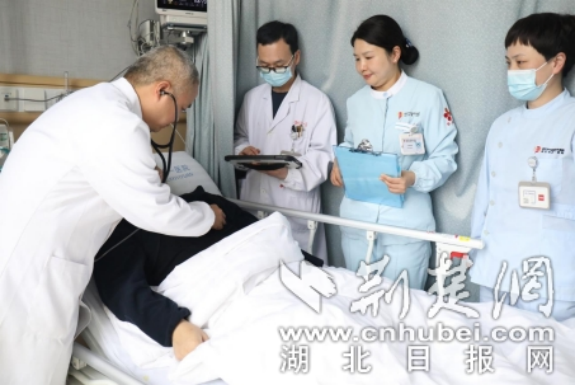 1个月救了10位心梗患者 他们都有这三个共同点
1个月救了10位心梗患者 他们都有这三个共同点